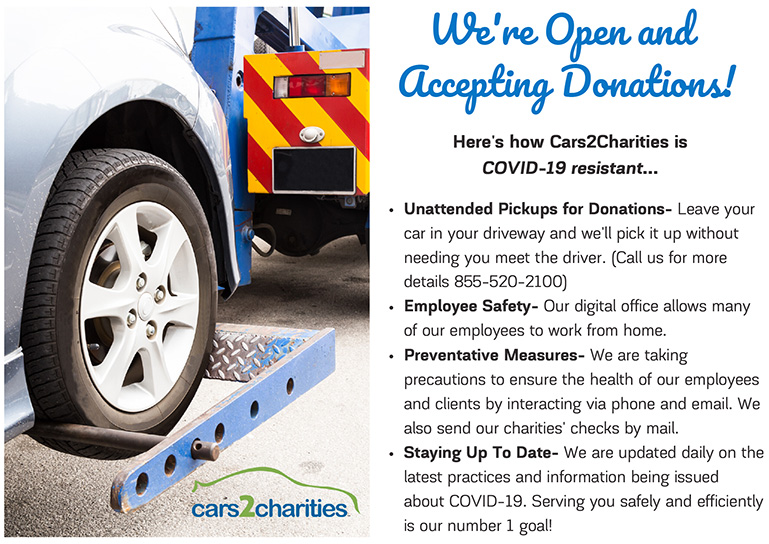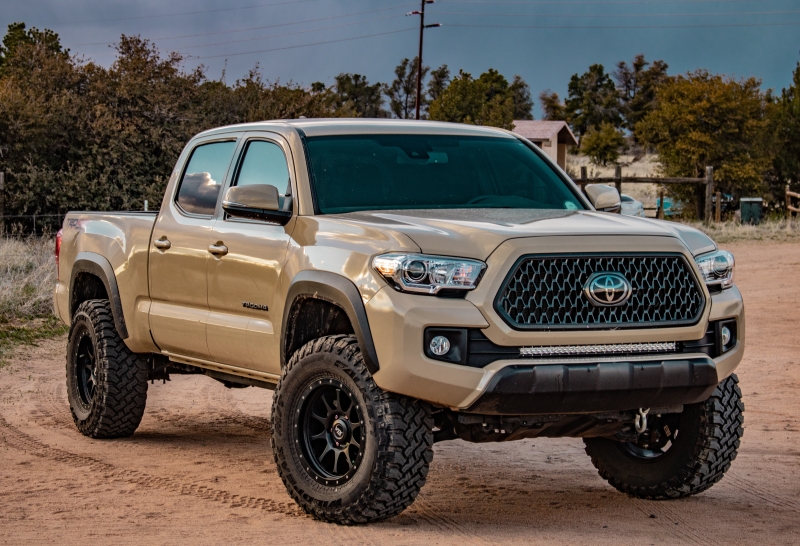Testing a Car Before Purchase
Buying a car is one of the biggest financial decisions you’ll make. As such, getting value for your money is always appealing. However, this should not come at the cost of safety or effectiveness.
Testing a car before purchasing it is a wise decision recommended bymany experts. This article will discuss precisely what to look out for before buying a vehicle.
What to Check for Before Buying a Car?
Below are just some of the things you should look into when buying a car.
1. Ensure the Car Has a Clean History
If you are buying a used car, you must check if the car has a clean title. The definition of a clean title is: "a legal document that records the vehicle's history." This document includes everything from previous owners, accidents the car has been involved in, and the general condition of the vehicle.
A car with a clean title is more likely to be well-maintained and will, therefore, cost you less in repairs in the future. However, criminals have washed the registrations of previously damaged cars and sold them as if they were in good condition.
Title washing is just one of the risks of buying a used car. However, many of these risks can be mitigated by having a qualified mechanic analyze the vehicle for any issues before you purchase it.
2. Verify the Car Dealer or Seller
When you decide to purchase a car, make sure to verify the credentials of the dealer or seller. A dealer must have a license to sell more than a handful of vehicles per year in many states. In many jurisdictions, this information is available online from the relevant bureau (for example, the Department of Consumer Affairs in California).
You can also request the license information directly from the dealer. If the car seller is hesitant about giving you their license information, that is a bad sign, and you should reconsider buying from that person.
3. Check the Mechanics/Engine of the Car (even if a professional is needed)
As mentioned previously, even if you check if the vehicle has a clean title, criminals have found ways to produce fake registrations through a process known as title washing.
However, it is much more challenging to hide actual mechanical damage, such as a cracked brake line. If you are concerned the title may be fake, checking the mechanics of a car is a great way to find any faults.
If you are not familiar with the workings of the vehicle, it is recommended you request the help of a qualified mechanic as they will be able to recognize any issues quickly. If the mechanic finds any problems during this process, you should not buy the car you inspected.
4. Test Drive the Car
One of the fastest ways to discover any issues with a car is to take it for a test drive. In the process, you will find any significant problems (such as the wheel alignment being off) and how the car feels to drive. Even if the vehicle is technically sound, you should not purchase it if you dislike driving it.
If your dealer is hesitant when you request a test drive, this is another sign that there may be issues with the car that they are attempting to hide.
5. Have Multiple Options and Check Them All
If you are planning on buying a new car, it’s wise not to get fixated on just one particular car. Looking for and having multiple options in mind is a great way to avoid being scammed. There are several reasons for this. If you have your mindset on purchasing a specific vehicle, you can overlook its issues.
However, if you are looking at a handful of vehicles, you will have the chance to look at them all critically without getting prematurely attached to one. In doing so, you are less likely to purchase a car with issues.
As mentioned previously, you or a qualified mechanic should inspect any car you are thinking of buying. This will also prevent you from buying any vehicles that may have hidden problems.
6. Do Not Agree on Trade-ins Initially
If you are purchasing a new car, trading in your old car can be a great way to reduce the upfront cost. Even so, there are several things you should consider before trading in your old car.
● Find out the value of your car: Before trading in your old car, make sure you know what it is worth. By doing your research, you can avoid being misled by unscrupulous dealers that may try to give you less money than the car is worth.
● Shop around: As in many other industries, the best way to get value from a trade-in is to shop around. By going to multiple dealers and comparing prices, you choose the deal that gets you the most for your old vehicle.
● Treat each transaction separately: If you are buying and selling at the same time, it is best to keep both transactions separate. Some companies may inflate the value of the new car if you try to trade in your old car at the same time. As such, negotiating both deals individually is the best way to avoid losing out.
7. Take copies of your driver's license and insurance
When you are visiting dealers to purchase a car, bringing a copy of your insurance could end up being a wise decision. In many jurisdictions, it is mandatory to have some level of insurance to drive. However, you are not required to purchase insurance from the car dealership.
Certain dealerships may attempt to sell you an insurance plan alongside your car. In many cases, these plans are more expensive and offer less coverage than those available elsewhere.
By bringing a copy of your insurance and driving license, you can dissuade dishonest salespeople from trying to sell you insurance you do not need. You should also ask about add-ons and read any contract presented to you thoroughly (with a legal expert if necessary) to avoid signing anything you shouldn't.
The Bottom Line
Purchasing a new car can be exciting, but it can also be a confusing process with many pitfalls. Unscrupulous agents may attempt to hide the history of the vehicle they are selling while trying to get you to sign contracts for products you do not need. With this in mind, there are several steps you can and should take to make this process as painless as possible.
About The Author: Patrick Peterson is a content manager at GoodCar. Born and raised in the automotive world. He’s an enthusiastic expert who writes exquisite content pieces about everything regarding cars and bikes.


